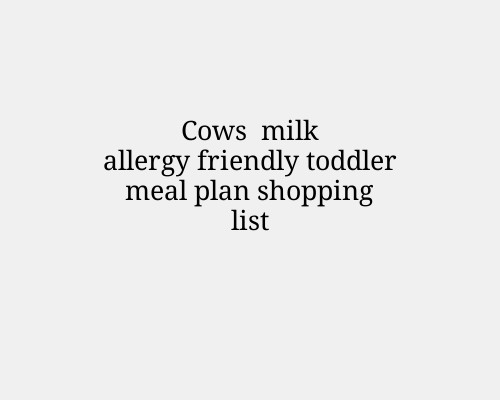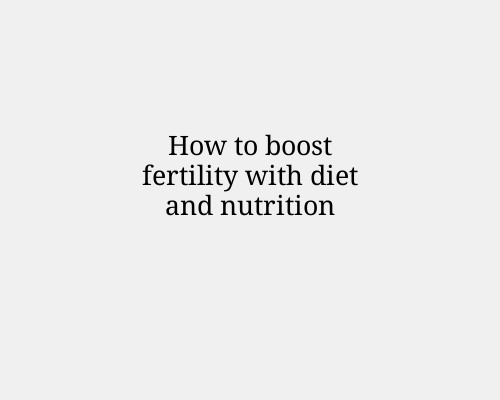
Here’s your Cow’s Milk Allergy–Friendly Toddler Meal Plan Shopping List
(organised by category so shopping is quick).
Fruits
Bananas
Apples
Pears
Blueberries
Strawberries
Kiwi
Mango
Grapes (seedless)
Lemons (optional for flavour)
Vegetables
Spinach
Broccoli
Carrots
Zucchini / courgettes
Sweet potato
Butternut squash
Peas (frozen or fresh)
Green beans
Roasted peppers (or fresh bell peppers)
Baby corn
Cucumber
Lettuce
Tomato
Potato (white)
Celery
Onions
Garlic
Proteins
Chicken breast / strips
Chicken drumsticks
Turkey mince
Beef mince
Beef stew chunks
Lamb roast slices
Fresh tuna (or canned in spring water)
Salmon
Haddock
Eggs (if tolerated)
Lentils (red, green, or brown)
Chickpeas (canned or dry)
Hummus (dairy-free)
Nut butters (almond, peanut, or sunflower seed butter if nut-free)
Pumpkin seeds / chia seeds / flaxseed
Grains & Bread
Wholegrain bread (check dairy-free label)
Wholegrain wraps / tortillas (dairy-free)
Brown rice
Quinoa
Couscous
Oats (rolled or quick oats)
Rice cakes
Rice noodles
Wholegrain pasta
Oat waffles / pancake mix (or ingredients to make from scratch)
Plant Milks & Dairy-Free Alternatives
Fortified oat milk
Fortified soy milk
Fortified almond milk (if nut-safe)
Dairy-free yoghurt (soy, coconut, or almond-based)
Dairy-free mayo
Baking & Pantry Staples
Olive oil
Dairy-free baking spread (optional)
Wholegrain flour (for pancakes/muffins)
Baking powder
Cinnamon
Dairy-free muffins or ingredients to make (banana, oats, oat milk, flaxseed)
Vegetable stock (check dairy-free)
For Smoothies
Frozen berries
Avocado
Spinach (fresh or frozen)
